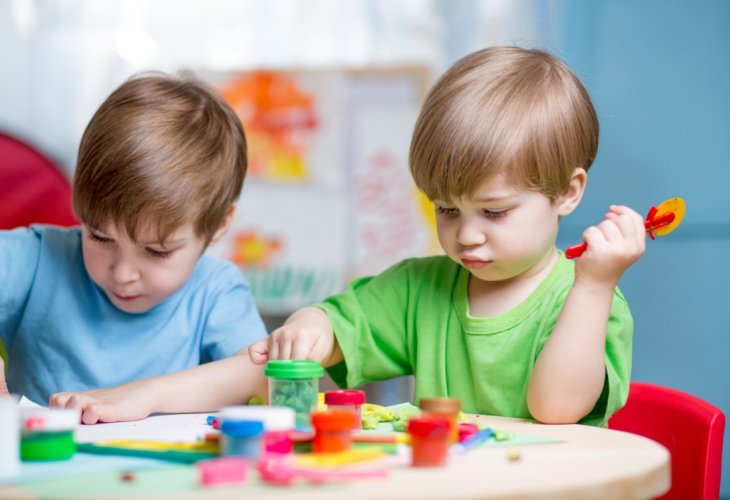The Holocaust
When Should Children Learn About the Holocaust?
Balancing memory, education, and emotional readiness
 (Photo: Shutterstock)
(Photo: Shutterstock)Should preschool-aged children be introduced to the horrors of the Holocaust? According to Dorit Chazan, Chair of the Educator Kindergarten Teachers’ Organization, the answer is no. She insists that Holocaust education should be delayed until later childhood, when children are emotionally and cognitively ready to process such heavy material.
“Teaching the Holocaust in kindergartens from ages three to six, year after year, harms them and causes damage and trauma. It certainly doesn’t give them understanding or instill values,” says Chazan. “There’s no doubt that Holocaust education is necessary, but under no circumstances should it be introduced at the kindergarten level. It is better and healthier to wait until later stages.”
Why Early Exposure Can Be Harmful
Some argue that teachers can choose age-appropriate ways to explain the Holocaust to very young children. Chazan strongly disagrees. “Years of early childhood education have taught me that there is no way, and no need, to raise this subject at all in kindergarten. We — the teachers, are on the ground, and we see firsthand how children cannot grasp the magnitude of the disaster. Instead, they are left with fear and confusion. If even adults struggle to comprehend the scale of the atrocity and the depth of the evil, how can children — who don’t yet understand loss, mourning, or death, possibly handle it?”
Protecting Childhood Innocence
Chazan points out that even with other tragic historical events, educators focus on the positive aspects in early childhood. “On Chanukah, Purim, and Pesach, we soften and beautify the stories in kindergarten. We focus on joy, symbols, and art, knowing that children cannot carry the weight of tragedy. The risk of a child developing anxiety is so high that we prefer to skip over the painful parts and preserve their innocence.”
Teaching Values Without Trauma
Every educational message should be guided by a crucial question, Chazan stresses: What values can a child truly absorb at this stage of life? If a message plants fear instead of meaning, is it worth it? “We call on all kindergarten teachers: do not teach the Holocaust to preschoolers. If children ask questions, answer them honestly but simply, but don’t initiate or introduce the subject. As mothers and educators, you know what is right for you and for your child.”
A Survivor’s Perspective
Chazan also shared the words of the late Uri Chanoch, a Holocaust survivor and former board member of the Holocaust Survivors’ Organizations Center: “This subject boiled my blood. Why talk about the Holocaust with children in kindergarten or first and second grade? Can’t we wait until age 12? It’s simply unthinkable. It’s unbearable. In the end, only survivors know how to pass this history to children. But at those young ages, it’s not necessary. If a child asks, you can answer gently and indirectly, but not as part of a mandatory curriculum.”

